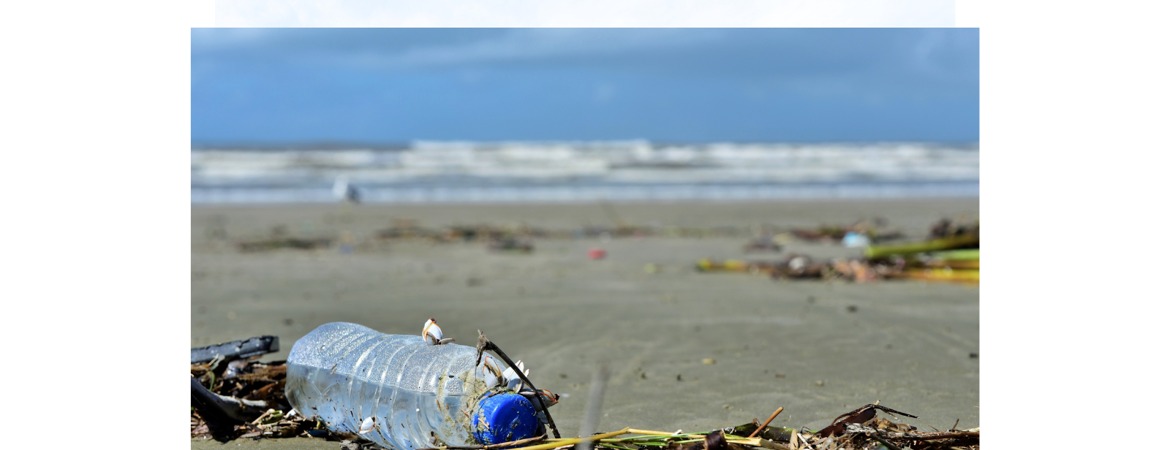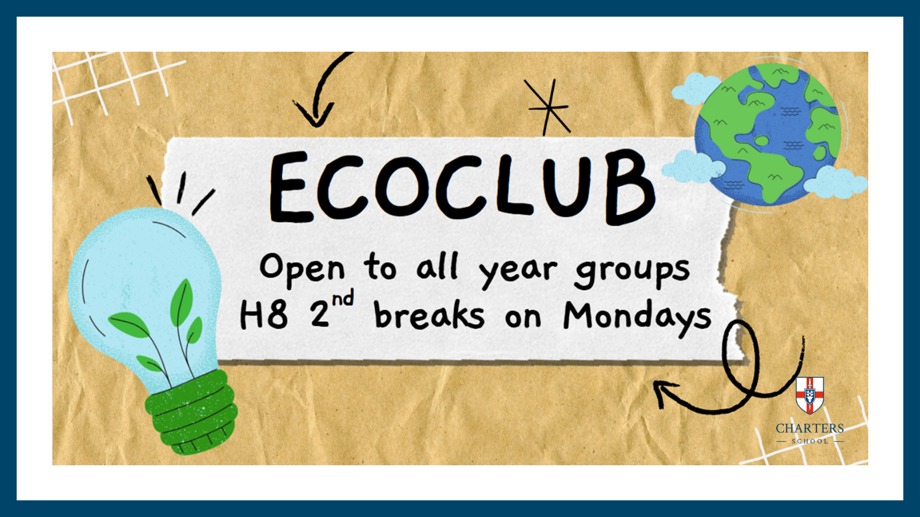- Home
- School Life
- News
- Students Challenged to Tackle Plastic Pollution
Students Challenged to Tackle Plastic Pollution

When we think of plastic waste, water bottles and disposable picnic ware might come to mind. But as students across the school discovered this week, plastic pollution runs much deeper — and much smaller. From wet wipes and tea bags to chewing gum and even eye shadow, microplastics are turning up in places we rarely expect and are having devastating consequences for our planet.
Miss Barrett, a passionate advocate for environmental awareness, is leading a series of assemblies this week in honour of World Environment Day, which took place on 5th June. Her message is urgent, informative, and hopeful — a call to action for students to better understand the hidden costs of our plastic habits.
During the assemblies, Miss Barrett shared some shocking facts that left students reflecting on their everyday choices. Each year, an estimated 11 million tonnes of plastic waste leak into aquatic ecosystems globally, choking marine life and disrupting fragile habitats. Microplastics, many invisible to the eye, are also seeping into our soil from sewage systems and landfills, silently infiltrating our food chain and natural environment.
Perhaps even more startling: the annual economic cost of plastic pollution is estimated to be between $300–600 billion USD. And the damage isn’t just environmental or financial — it’s geological. Scientists have begun identifying plastic fused with rock in the Earth’s crust, a new and troubling indicator of the human impact on our planet. These ‘plastiglomerates’ and ‘plastistones’ are hallmarks of the Anthropocene — the current geological age dominated by human influence.
Another pressing issue highlighted in the assembly was fast fashion. With the UK now the largest consumer of new clothing in Europe, textile waste is piling up at an alarming rate. Miss Barrett urged students to rethink their fashion habits, offering these simple but powerful tips:
- Buy less and choose well
- Shop second-hand
- Donate rather than discard
- Support sustainable brands
- Mend and repair — bring out the needle and thread!
For those inspired to take further steps, Miss Barrett invited students to join the school’s Eco Club, which meets every Monday during second break in H8. “It’s a space for anyone who wants to make a difference,” she said, “no matter how small it starts.”

As the world grapples with the challenges of plastic pollution, it’s clear that education and awareness — especially amongst young people — are key. Thanks to Miss Barrett’s engaging assemblies, students are not only better informed but also empowered to be part of the solution.

